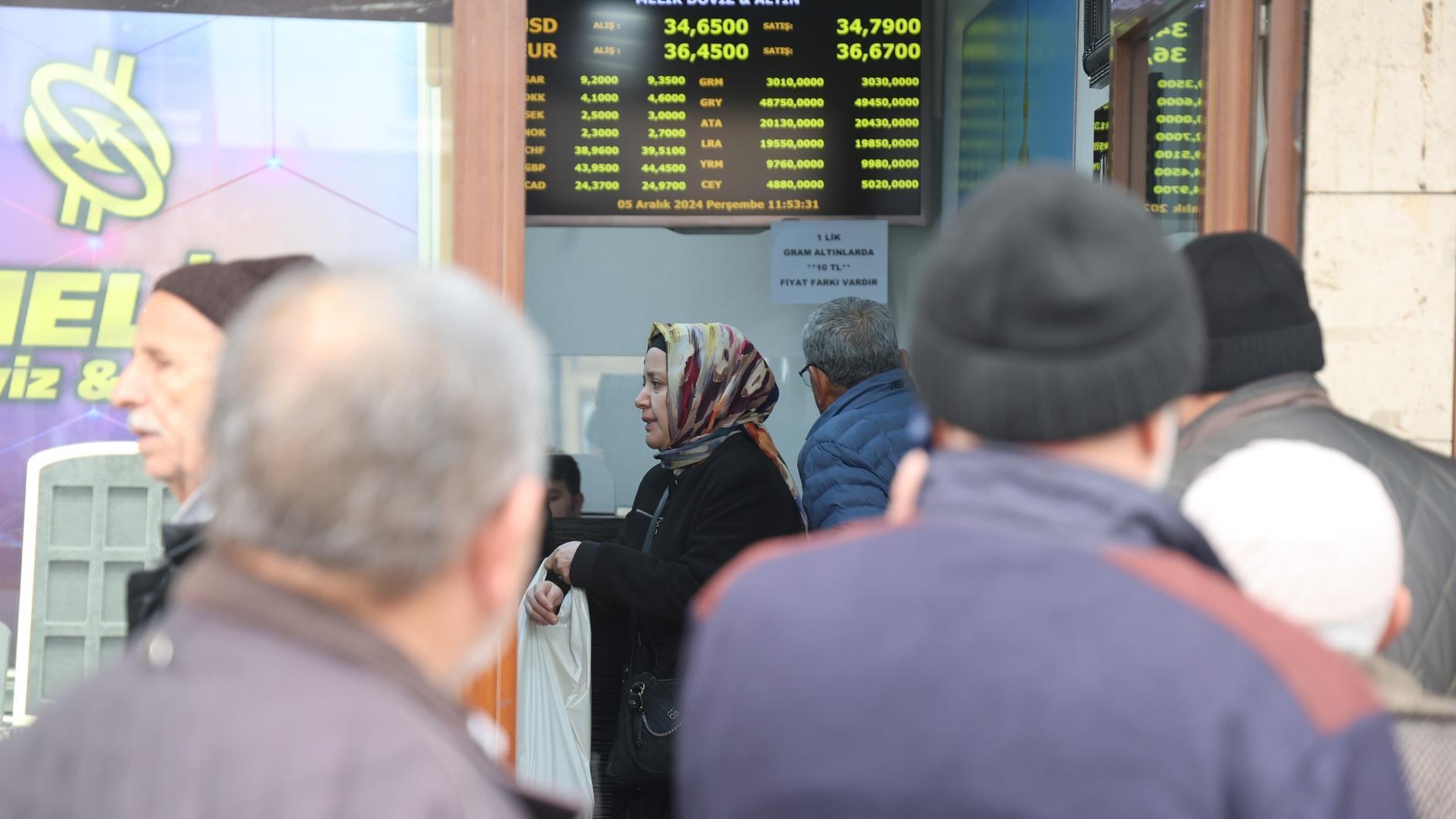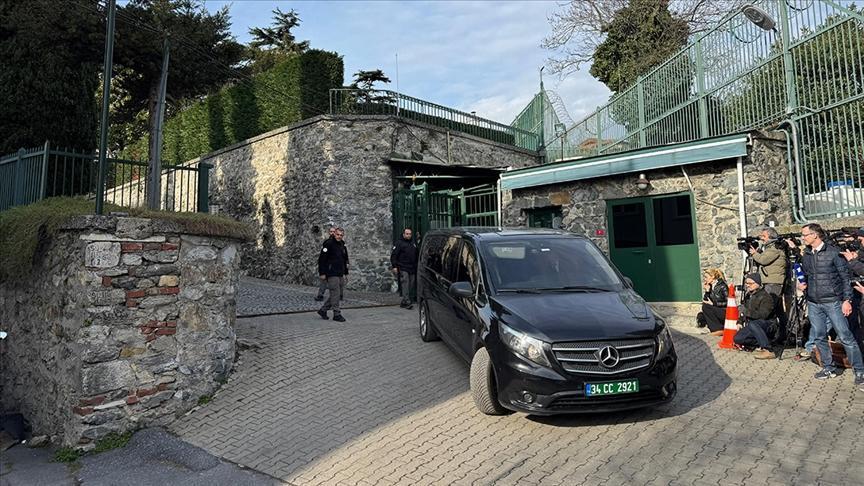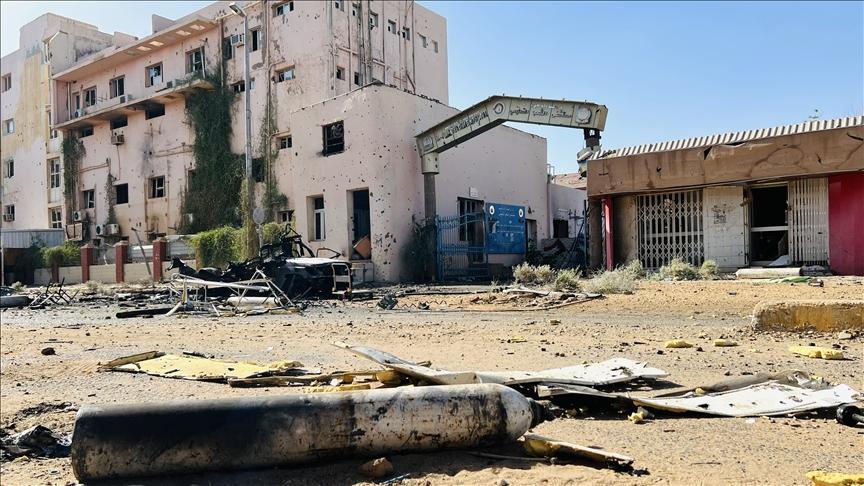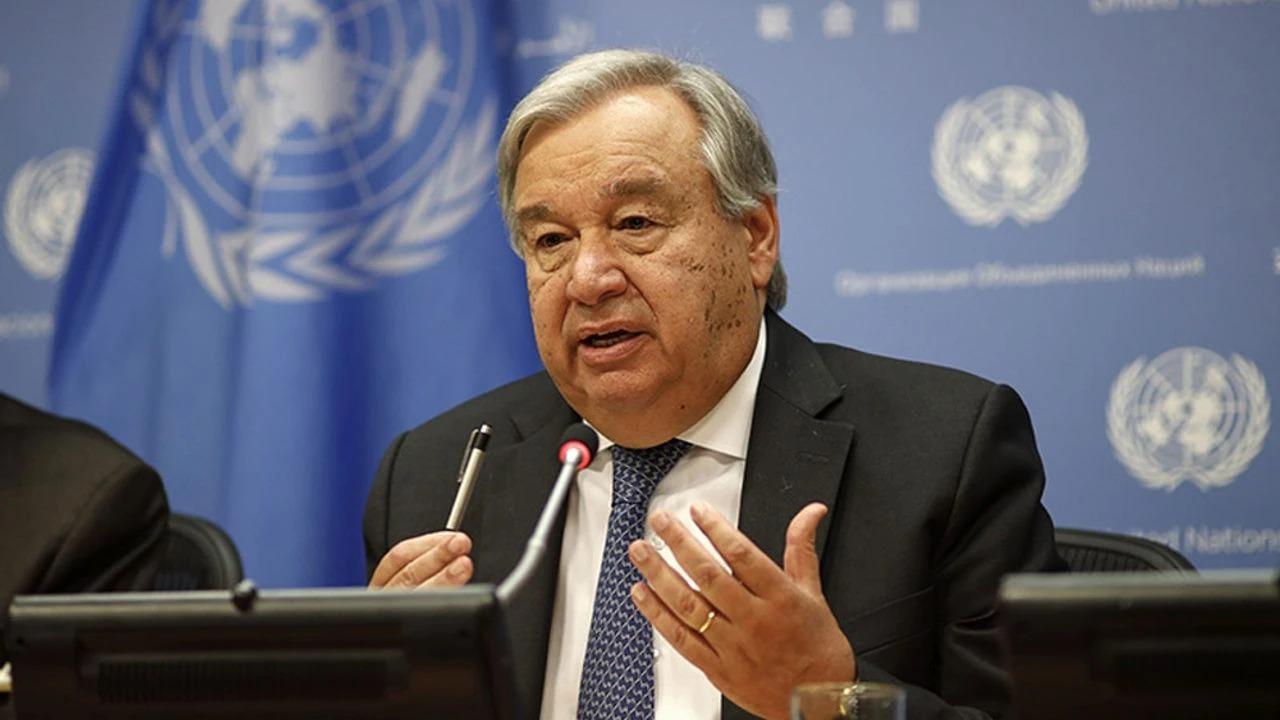Fake dollar crisis disrupts banking operations
ISTANBUL

A growing crisis involving counterfeit $50 and $100 bills is causing turbulence in Türkiye’s financial market, particularly at Istanbul’s historic Grand Bazaar.
Currency exchange bureaus are turning away customers, and shopkeepers have shifted to accepting only smaller denominations like $10 and $20 bills for transactions.
The issue has prompted banks and financial institutions to adopt stringent measures to prevent the circulation of counterfeit currency. Some banks have ceased accepting $50 and $100 bills printed before 2009, citing increased risk. ATM software and money-counting machines have undergone updates to improve counterfeit detection, further restricting the acceptance of older banknotes.
Furthermore, some banks are now accepting only the newly designed $100 bills. Reports suggest that high cash deposits in foreign currencies are being rejected outright by certain banks. In some cases, even $50 — regardless of their issuance year — is being declined.
The Grand Bazaar, a key hub for foreign exchange and retail trade, remains particularly affected. Exchange offices continue to limit service, and many vendors are refusing large denominations to protect against potential losses. “The fear of receiving fake bills as forced us to adapt quickly,” a shopkeeper said, explaining the sudden change in business practices.
Banking sector officials have sought to reassure the public, emphasizing that dollars acquired directly from banks are highly unlikely to be counterfeit. Despite these assurances, the unease persists, with merchants and customers expressing frustration over the restrictions.
The new counterfeit notes, almost indistinguishable from genuine bills, were revealed to be capable of slipping past outdated money-counting machines, with a fraud attempt a month ago narrowly averted at a private bank.
















